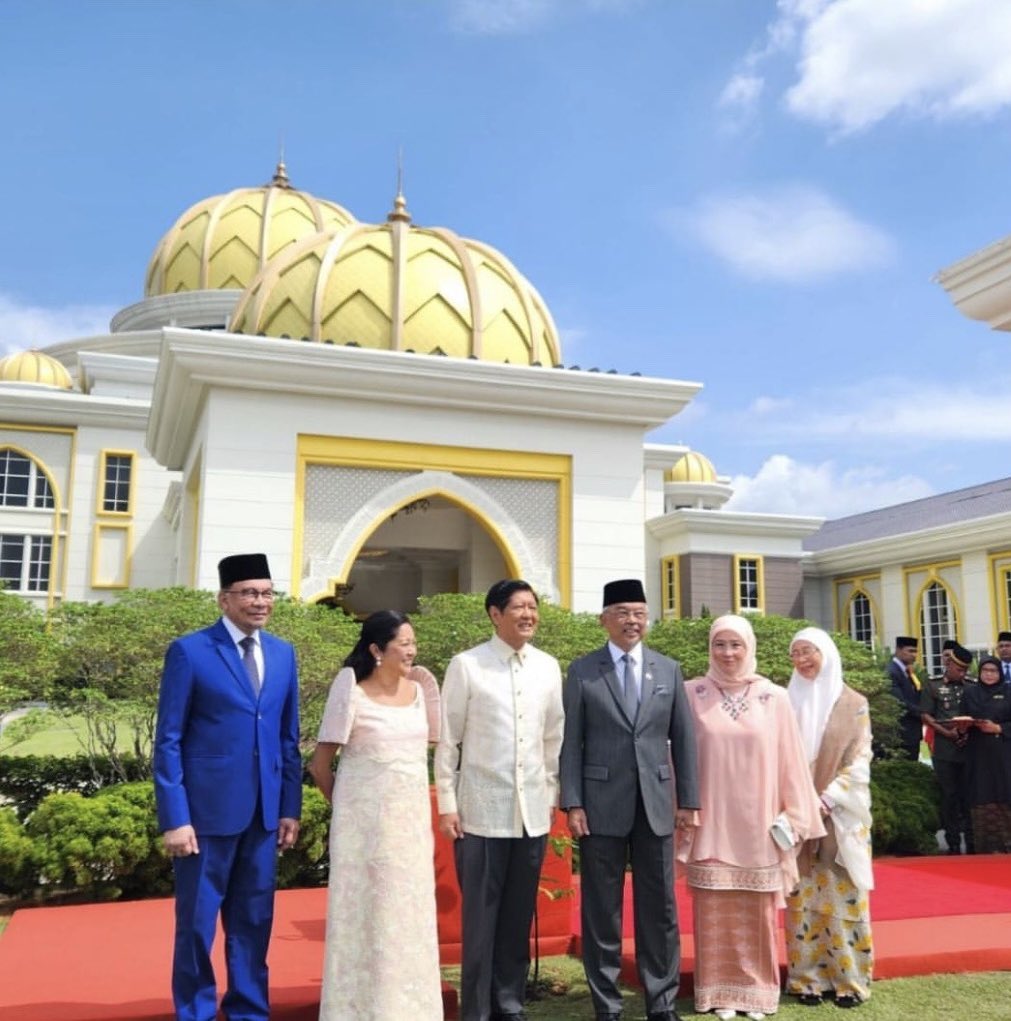President Ferdinand Marcos Jr. said on Monday that the issue of the Sabah dispute was discussed during one of his meetings with Malaysian officials, and that both countries agreed to find a way to work together despite their disagreement on the issue.
In an interview with reporters, Marcos said that while the Philippines has an outstanding claim to Sabah, it is clear that the two countries will need to have a more in-depth discussion on the issue before any progress can be made.
Marcos said the two countries agreed to focus on other areas of cooperation, such as trade, health, and the development of the Bangsamoro Autonomous Region in Muslim Mindanao, and “tacitly agreed” not to discuss the Sabah dispute until both countries have found a mutually agreeable solution.
“I’m sure it will come up again,” Marcos said. “But for now, we’re just going to focus on the things that we can actually do.”
Marcos said that the two countries have agreed to define their relationship and reached a “passive agreement” not to let the Sabah dispute derail their cooperation on other issues.
“When the time comes, perhaps we can come back to the issue,” he said. “I’m sure it will come back.”
The President said that they had talked about other issues. “We talked about trade; we talked about the help that Malaysia has been providing, the development of farms; we talked about the style of our relationship,” he said.
The Sabah dispute dates back to the agreement signed in 1878 between Sulu Sultan Mohammed Jamalul Alam and two European colonists for “exploiting” the resources in the territories in northern Borneo and the southernmost part of the Philippines.
Several reports mentioned that Malaysia took over the arrangement after gaining independence from the United Kingdom, paying an annual token sum of around $1,000 to the Filipino heirs. The payments then allegedly stopped in 2013 after a man who claimed to be the sultan of Sulu launched a surprise incursion on Northern Borneo.
However, the Paris Court of Appeal’s judgment last June 2023 found that the arbitral tribunal that heard the petition filed by the Filipino heirs of the last sultan of Sulu – a region of northern Borneo in present-day Malaysia – did not have jurisdiction over the case.
